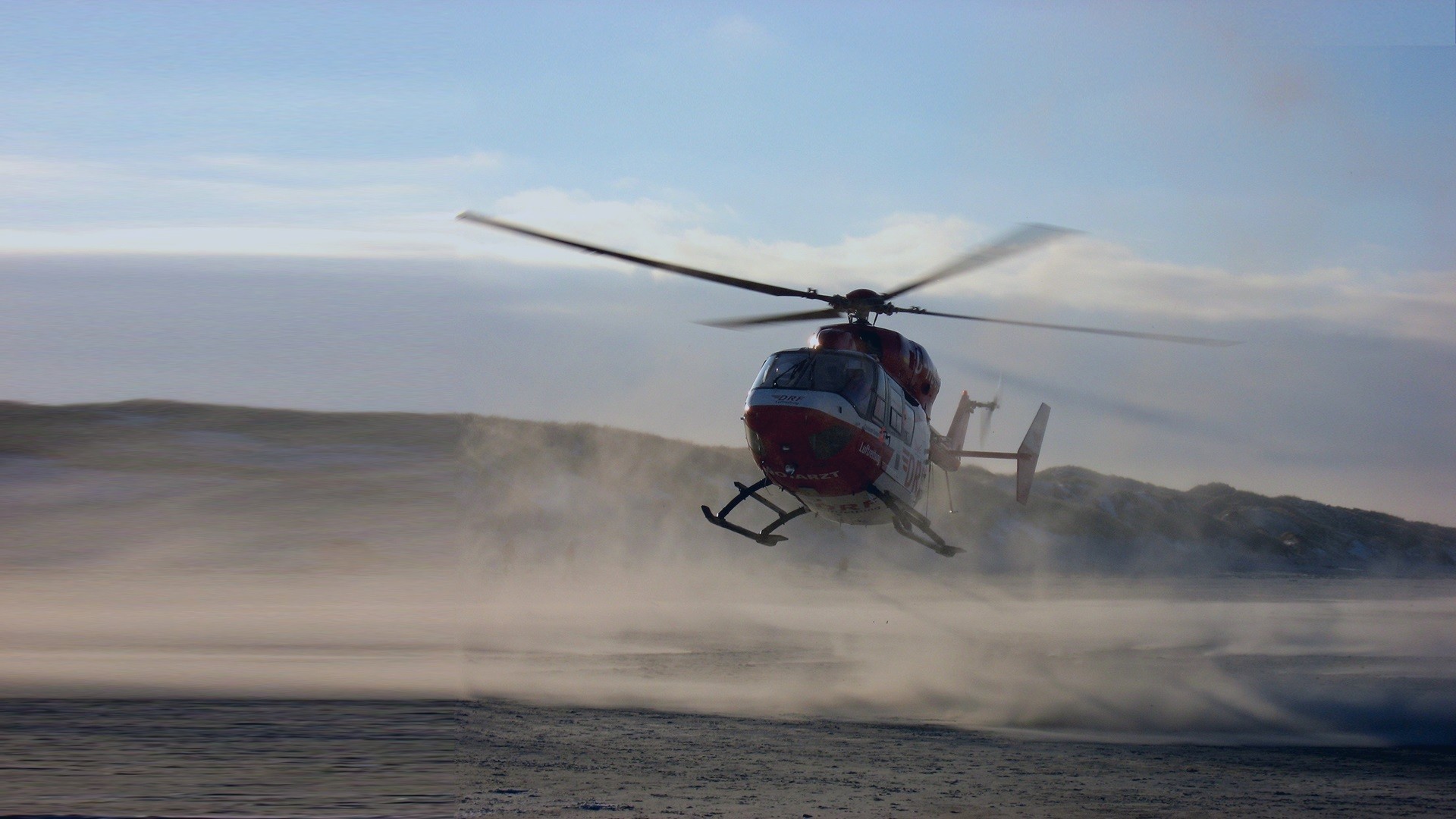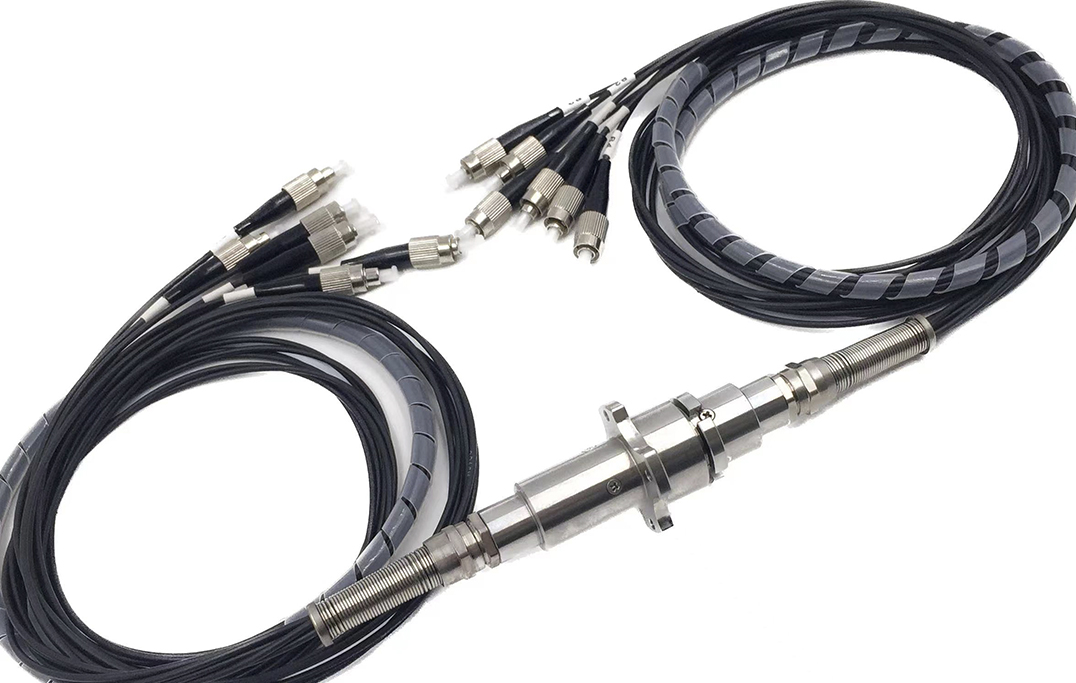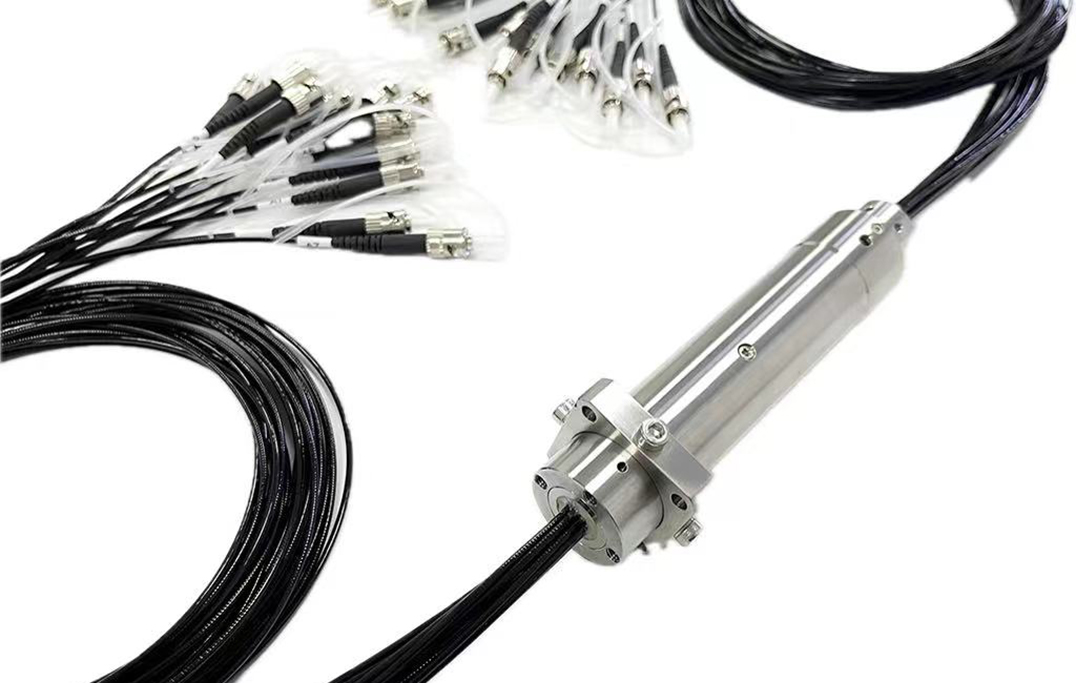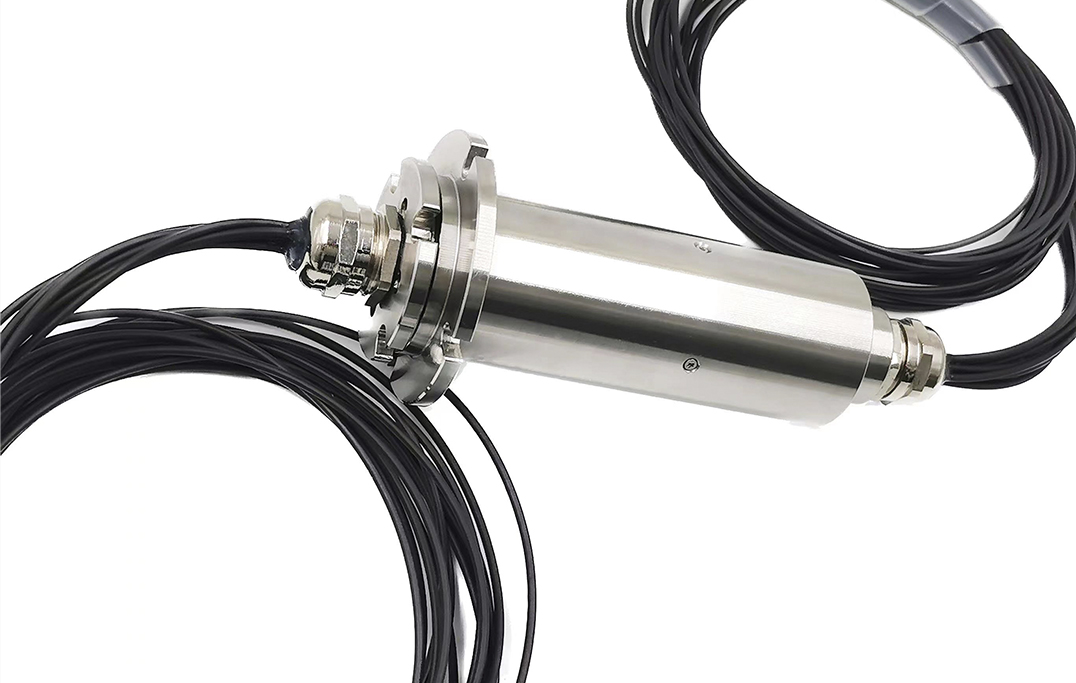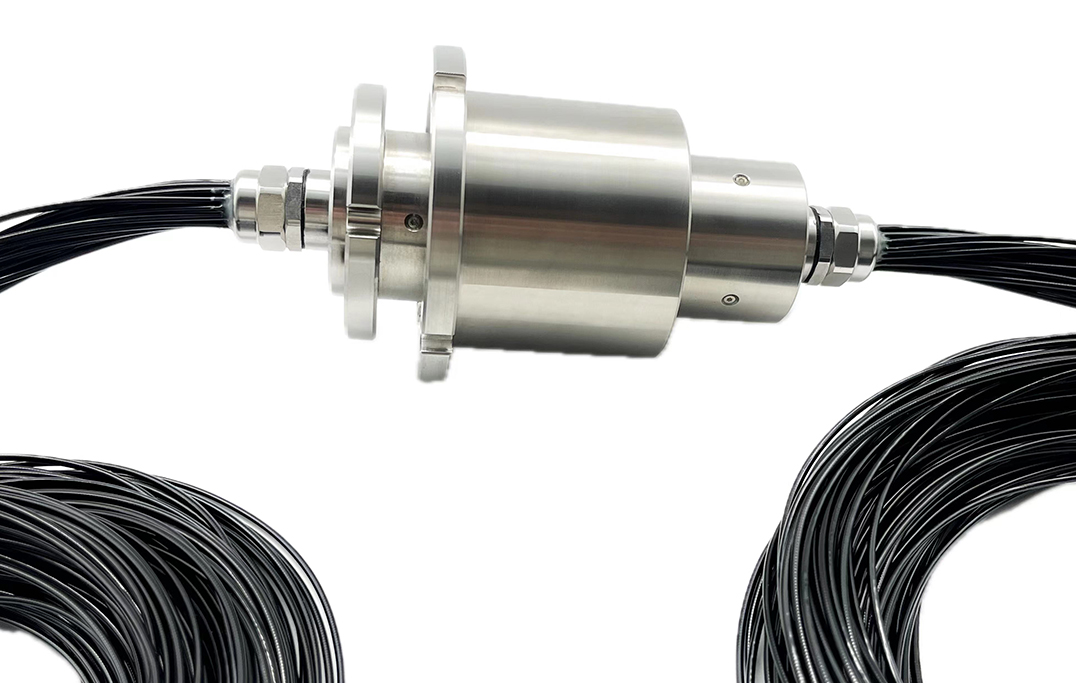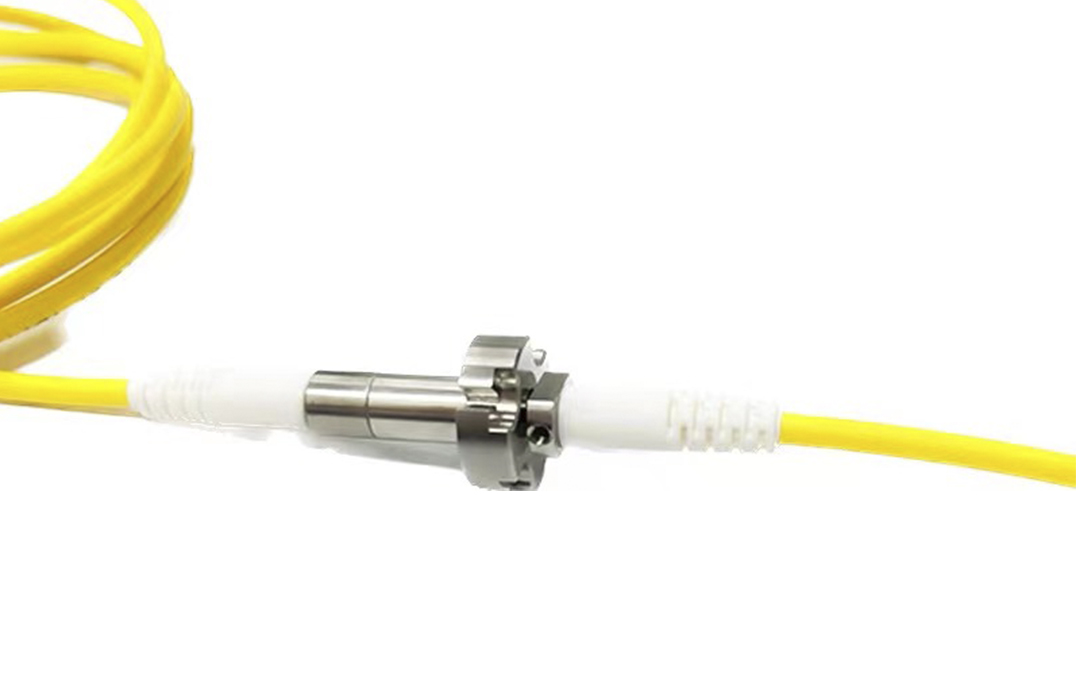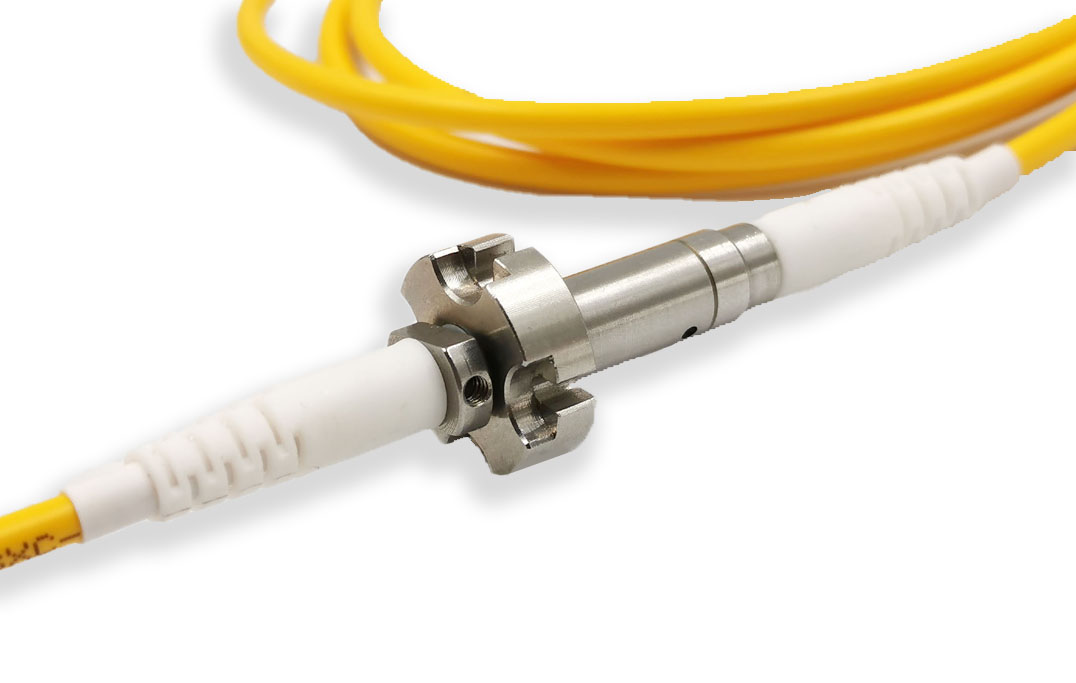product center
Typical Applications

Applications of FORJ in Aerospace
The operating environment of spacecraft payload drive devices is highly unpredictable. The signals of the payload devices need to be transmitted from the rotor part to the stator part during rotation. Fiber optic rotary joints achieve signal transmission through optical non-contact methods, featuring no friction or wear, no dust generation, long lifespan, and immunity to electromagnetic interference. These characteristics make them particularly suitable for aerospace applications. When combined with electromagnetic coupling for power transmission, they enable completely contactless transmission of both power and signals, which helps improve the robustness and stability of the system.

Applications of FORJ in Maritime and Ocean Applications
Fully fiber-optic hydrophone towed arrays and underwater sonar monitoring systems convert acoustic vibrations into optical signals through highly sensitive optical coherent detection. These signals are transmitted via optical fibers to the signal processing system to extract acoustic information. This advanced underwater acoustic detection equipment integrates optics, mechanics, electronics, and acoustics, offering high sensitivity, wide dynamic range, and strong anti-noise capabilities. It has broad applications in underwater target detection, ocean environmental noise measurement, and subsea oil and mineral exploration. The system comprises vessels, towing cables, and fiber-optic hydrophone arrays, where the towing cable's ends must be connected to the vessel and hydrophone array using fiber optic rotary joints (FORJ).
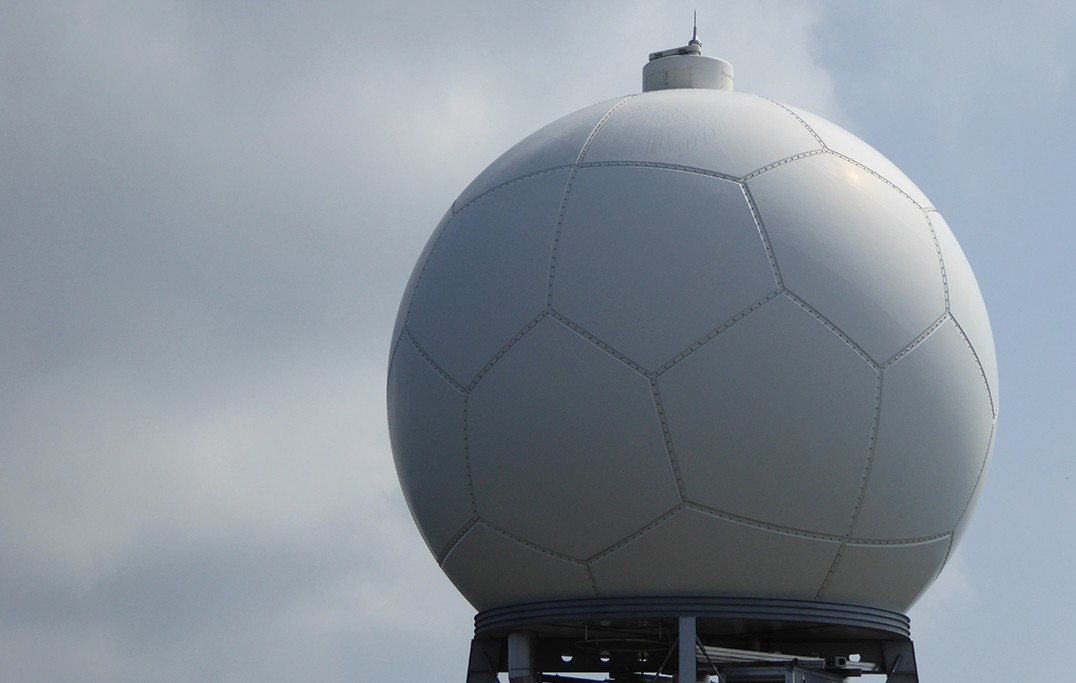
Applications of FORJ in Radar Antennas
With the increasing intelligence and multifunctionality of modern radar systems, there is a growing need for data exchange between the control center and the antenna array. Optical fiber transmission, with its large capacity, meets this requirement effectively. Additionally, multistatic radar coordination and the need to avoid anti-radiation missile attacks have driven the demand for long-distance signal transmission, making optical fibers indispensable for radar signal transmission. Digital array radars consist of two parts: the array face (including antennas and digital transceivers) and the array base (which may be housed in equipment shelters or bunkers and includes systems like digital beamforming, waveform control, and timing generation). The array face requires 360° mechanical rotation, necessitating FORJ to achieve dynamic optical signal connectivity between the array face and base. Using FORJ for radar signal transmission eliminates electromagnetic interference, channel crosstalk, and enables long-distance transmission.
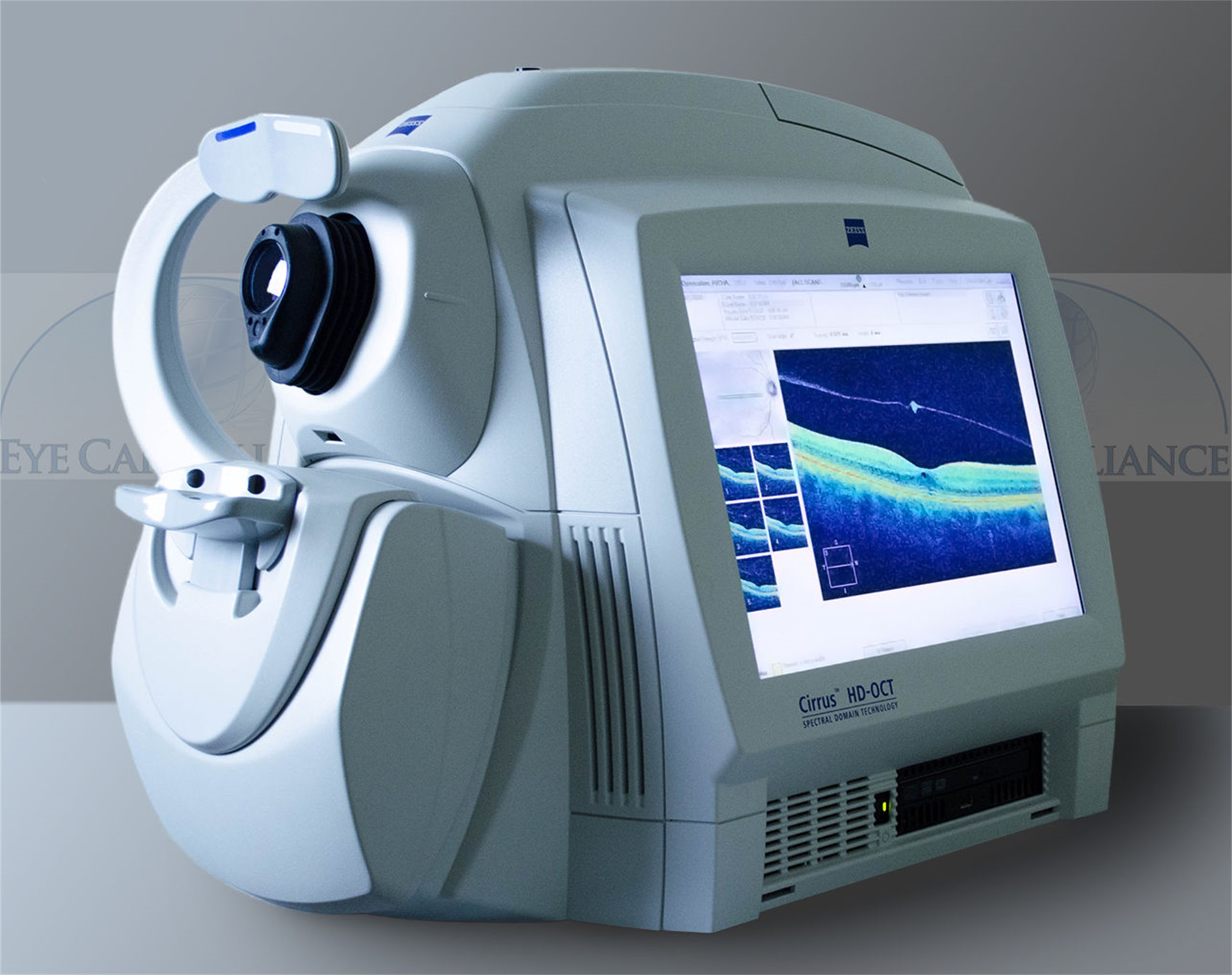
FORJ in Medical Applications
Optical Coherence Tomography (OCT) is a high-resolution imaging technology known as optical biopsy, offering resolutions up to 10 microns. It's the new "gold standard" for diagnosing coronary heart disease. OCT involves inserting an imaging catheter with an optical lens at its tip into blood vessels or airways, utilizing high-speed rotational scanning to assist clinicians in diagnosing the internal structure and nature of plaques. In OCT systems, the optical probe within organs like blood vessels or airways requires high-speed rotation, necessitating the use of FORJ to transmit optical signals from the probe to the optical system.
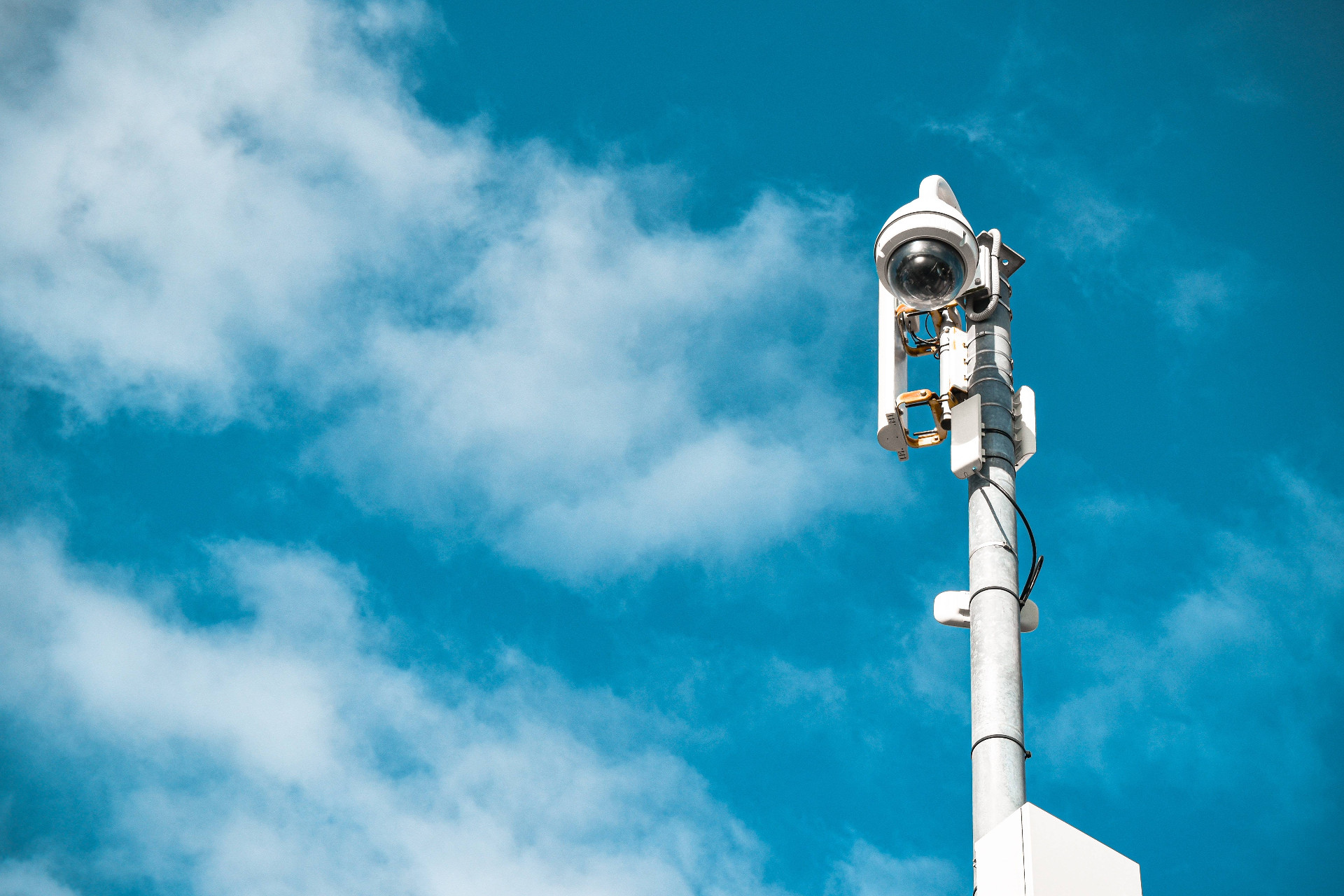
Applications of FORJ in Security Cameras
High-speed dome cameras, or speed domes, are sophisticated products combining optics, mechanics, and electronics. With the
fast pace of urban development, these "speed domes," known for their high speed, integration, and powerful functions, are
becoming essential in urban surveillance. Integrating FORJ in speed domes offers several advantages:
- Immunity to electromagnetic interference
- Long operational lifespan
- Support for higher resolution
- Simplified structure, enhancing product standardization

Applications of FORJ in Wind Energy and Helicopters
In wind power generation equipment, sensors must be installed on generator blades to monitor blade load, icing, and other conditions. This is to reduce asymmetric loads caused by variations in wind intensity between the top and bottom of the wind sweep area, affecting blades, drive shafts, and other key structural components. Smart fiber optic sensors, such as fiber Bragg gratings, are ideal for this application. In such cases, fiber optic rotary joints are needed to transmit the fiber optic sensing signals from the rotor components of the wind turbine to the stator components.

Applications of FORJ in Ports, Mines, and Steel Plants
Fiber optic rotary joints are widely and critically used in ports. They are primarily employed in equipment that requires continuous rotation, such as port cranes and turntable systems. By providing high-quality optical signal transmission, they ensure the stable transmission of data and control signals. Fiber optic rotary joints can adapt to the complex port environment, possess strong anti-interference capabilities, and offer high transmission bandwidth, meeting the demands of port automation and intelligence. Their excellent performance significantly enhances port loading and unloading efficiency and operational safety, providing reliable technical support for port management.
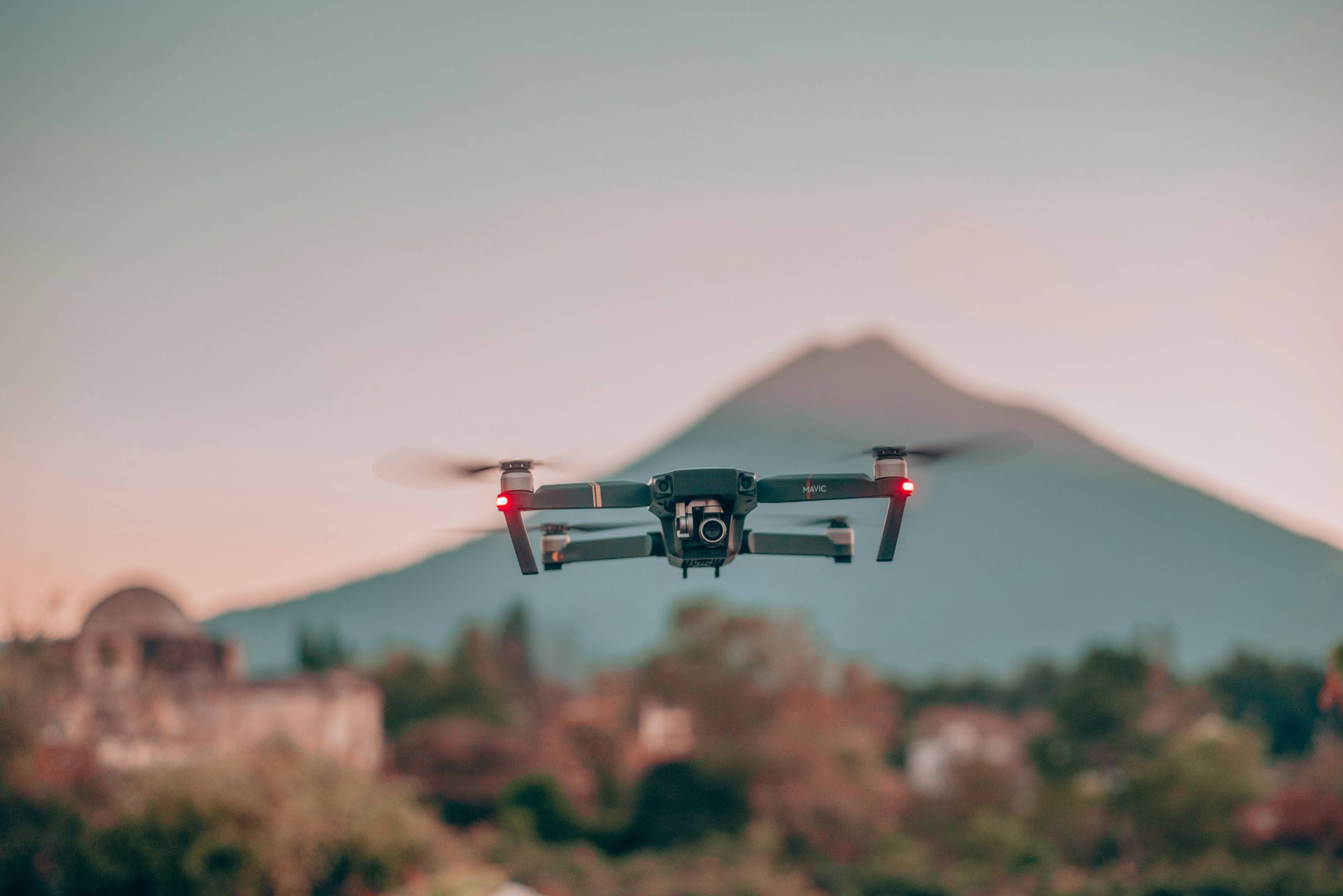
Applications of FORJ in Drones and Anti-Drone Systems
For drones, fiber optic rotary joints provide high-speed and stable data transmission during the rotation of drone cameras and sensor systems, ensuring real-time image and data transmission and processing. This enhances the monitoring and reconnaissance capabilities of drones. In anti-drone systems, fiber optic rotary joints also play a critical role, ensuring that radar and monitoring equipment can transmit signals without interference during rotation, improving the efficiency of detecting, tracking, and intercepting drones. The high bandwidth and anti-interference characteristics of fiber optic rotary joints make them indispensable in drone and anti-drone technology, significantly improving the performance and reliability of the equipment.
- Aerospace
- Maritime and Offshore
- Radar Antennas
- Medical
- Security Cameras
- Wind Power
- Ports, Mining, and Steel Mills
- Drones and Anti-Drones

SHENZHEN THREAD PHOTOELECTRIC TECHNOLOGY CO., LTD
Shenzhen Thread Optoelectronic Technology Co., Ltd. was established in 2014 and has a research and production base in Hefei (Anhui Lanxuan Photoelectric Technology Co., Ltd.). The company has a registered capital of 20 million RMB and owns a production and office space of 2000 square meters. With over 100 employees, our main products include electrical, fber optic, RF, and fuid slip rings. We hold more than 50 patents related to slip ring technology and have established a Slip Ring Technology Research Center.



